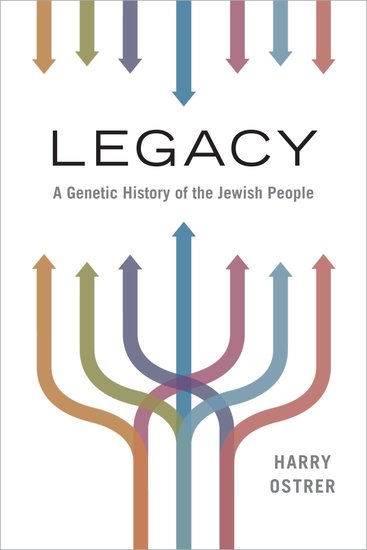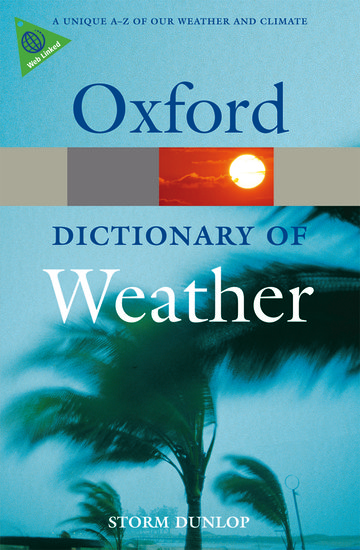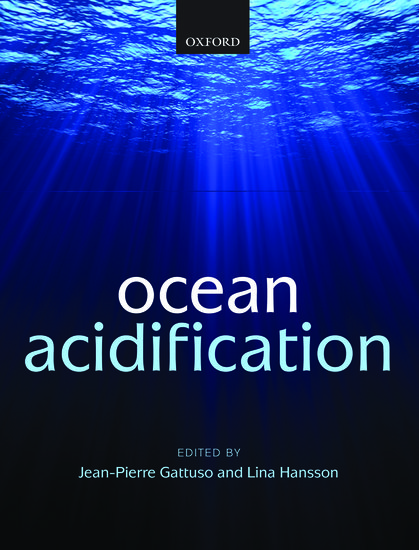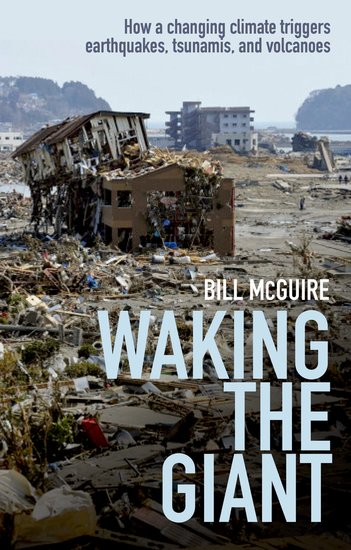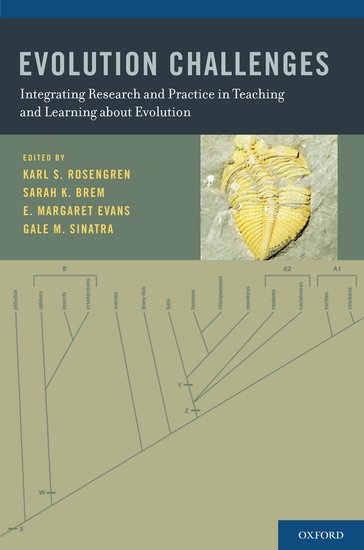Scientists identify DNA
This Day in World History
The April 25, 1953 edition of the journal Nature included a scientific paper that opened new doors in scientific understanding. The paper, written by James Watson and Francis Crick, described the structure of DNA (deoxyribonucleic acid), the substance that determines the hereditary traits of a living organism.



